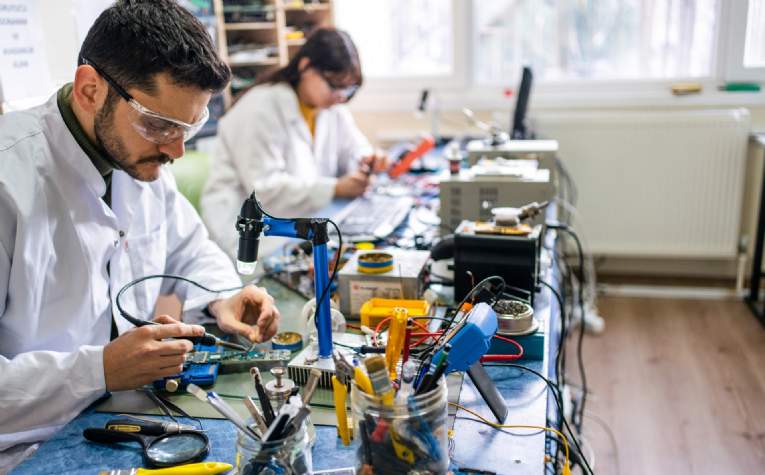Like almost every industry on the planet, the higher education (HE) sector is reeling from the Covid-19 pandemic. For the rest of this academic year teaching has switched to online with degrees still set to be awarded, although unfortunately for students probably without full graduation ceremonies. But beyond adapting teaching methods, there are severe implications of Covid-19 for the future of the UK’s HE institutions.
Almost overnight, many lost their supplementary income streams such as hosting conferences, providing accommodation (most have refunded students payments for their halls for the summer term), research and catering. But in addition to these there are concerns over security of income for the forthcoming academic year. Currently it’s almost impossible for vice chancellors to forecast if they’re likely to be able to re-open campuses in September. If they do, how many students, particularly high-value international students, will turn up? It’s likely that some – still cautious of large groups – may look at deferring their places for a year or go elsewhere.
If Government restrictions prevent re-opening and teaching continues online there are serious questions whether full fees can be charged if students no longer get taught face to face. If HE institutions are forced to discount fees it will throw their budgets out for years to come.
Many will survive, albeit likely with cost cutting elsewhere, but unfortunately we may see some universities in deep trouble. This could trigger mergers between institutions or the closure of some, with their teaching obligations being picked up by other, stronger universities. Will Government help be forthcoming? Universities UK (the trade body for UK Vice-Chancellors) has submitted a ‘bail out’ proposal to Government, including the imposition of student number caps for 2020/21 to provide stability to the system plus support for research and other matters. A decision is awaited but it’s considered unlikely that universities will get everything they are asking for.
For the HE sector, then, the emphasis is on cash preservation, halting all unnecessary expenditure including capital investment plans which aren’t fully committed to. However, property is not a liability on the balance sheet, it’s an opportunity. Many estate directors had already turned to their assets as a way of unlocking value and funding: Covid-19 is an extra catalyst to look at property creatively to consider how it can provide funds or cross-subsidise essential HE services in the coming years. Surplus land can be sold or developed in partnership for local housing, or redundant teaching buildings and research space may find a second life as corporate office or lab space; the UK’s life sciences sector was already booming before Covid-19 – healthcare companies are likely to be looking to expand in the coming months and years.
For those universities in a comfortable financial situation, property can also be put to temporary use to help during the crisis. We know of universities that are using empty halls of residence to house key workers or the vulnerable: the University of Northampton, for instance, is using 300 vacant rooms to accommodate low-risk hospital and social care patients.
We hope that by the traditional start of the academic year in September Covid-19 will be fading from view, but the ramifications for HE will be felt for long beyond 2020. Exploring the options available in using property, and deploying the themes of efficiency and rationalisation already prevalent in the sector, may provide some short-term help and long-term financial security to mitigate the pandemic’s impact.
.jpg)


.jpg)
.jpg)
.jpg)
.jpg)
.jpg)
.jpg)
.jpg)
.jpg)